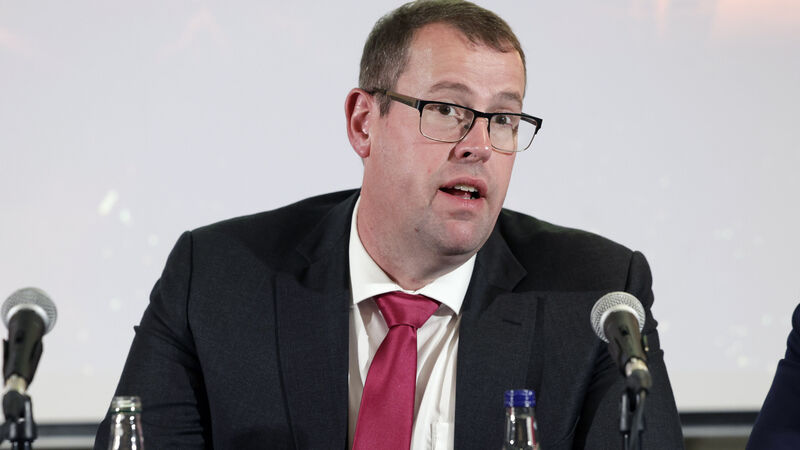More assaults and 'overzealous oversight' make policing 'even tougher', Garda conference told

GRA President Brendan O’Connor told delegates at the 46th annual conference at the Castlecourt Hotel in Westport, Co Mayo, that garda numbers remain 'dangerously below strength' placing extra workload, stress and pressure on our members. Picture: Conor Ó Mearáin
Increased assaults and intimidation of gardaí — both online and in person — and “an emboldened far-right” is now making policing in Ireland “even tougher”, the Garda Representative Association (GRA) has heard.
Gardaí are now feeling “abandoned and exposed on many fronts,” outgoing GRA President Brendan O’Connor told delegates at the 46th annual conference at the Castlecourt Hotel in Westport, Co Mayo.










